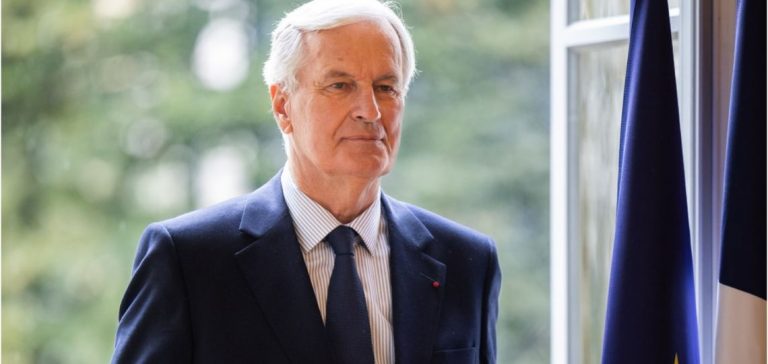French Prime Minister Michel Barnier recently announced his intention to reduce France’s “ecological debt,” a move that falls within the framework of the national energy transition. This term, which refers to the environmental impacts accumulated over the years, raises crucial issues for the country’s energy future. Barnier emphasized that ecological transition should become a driver of industrial policy, highlighting the importance of government commitment in this area.
Priority on reducing ecological debt
In his speech, Barnier emphasized the need to reduce ecological debt, positioning it as a priority for his government. This approach includes initiatives such as the decarbonization of factories and support for technological innovation. However, details on the financial means required to achieve these objectives remain vague. Sector stakeholders wonder whether these intentions will translate into concrete actions or remain empty promises.
The Climate Action Network (RAC), which comprises several NGOs, expressed concerns about the lack of clear commitments and associated funding. Critics point out that mentioning “ecological debt” without concrete action plans risks undermining the government’s credibility. The RAC calls for an ambitious program that includes specific measures to combat environmental impacts and enhance sustainability.
A strategy balancing nuclear and renewable energy
Barnier reaffirmed his support for nuclear development, considering this source essential to the energy transition. However, he also stressed the need to evaluate all impacts of renewable energy sources, particularly wind energy. This positioning reflects a desire to balance different energy sources while meeting climate commitments.
The use of biomass is also mentioned as a priority for decarbonizing heat and gas production. Furthermore, overseas territories are presented as experimental grounds for renewable energy solutions, with the goal of achieving 100% renewable electricity by 2030. However, experts note that these ambitions require a solid legislative and financial framework to be realized.
Delays in energy planning and concerns
One of Barnier’s main challenges is the accumulated delay in energy planning. Key documents, such as the French Energy-Climate Strategy and the Multiannual Energy Programming (PPE), are still pending adoption. The High Climate Council (HCC) has underscored the urgency of accelerating these processes to provide a clear direction for the country’s energy policy.
Criticism of this delay is intensifying, with sector players calling for rapid adoption of these documents to ensure continuity in decarbonization efforts. A clear and coherent strategy is essential to address the challenges related to energy transition, especially in light of the climate commitments made by France.
Reactions from the sector and the need for concrete measures
Energy sector stakeholders emphasize the need to accompany Barnier’s announcements with concrete measures and adequate funding. Criticism focuses on the lack of clarity regarding financial commitments that should support the announced initiatives. Additionally, some proposals, particularly those concerning wind energy, appear contradictory, fueling doubts about the coherence of the government’s strategy.
Professional associations for renewable energies express concern about a trend to discredit certain technologies, such as wind energy, which are crucial for achieving decarbonization goals. These challenges necessitate an integrated approach that considers all forms of energy within a comprehensive strategic framework.
Barnier thus faces a major challenge: transforming his commitments into concrete actions and ensuring that the reduction of ecological debt leads to tangible results. The success of this endeavor will depend on the government’s ability to mobilize the necessary resources and establish a regulatory framework conducive to energy transition. The Prime Minister’s determination to address ecological debt could also influence future energy policies in France, shaping the country’s energy landscape for years to come.





















